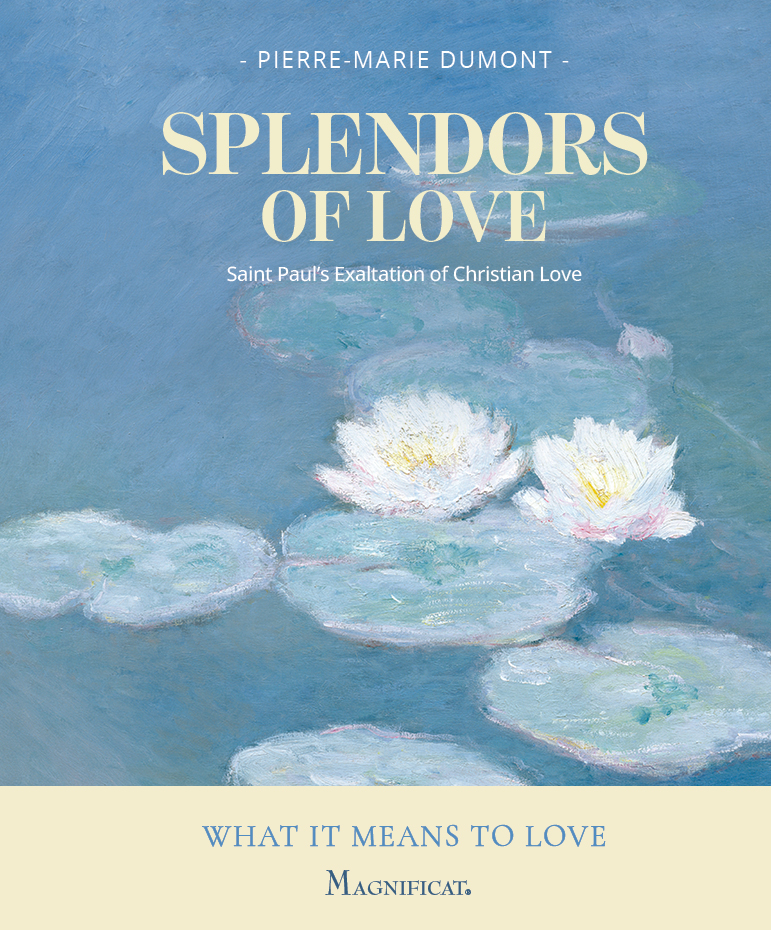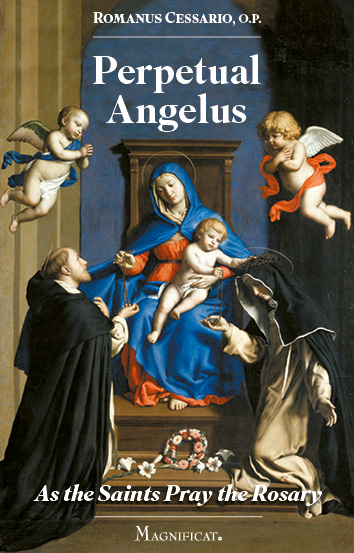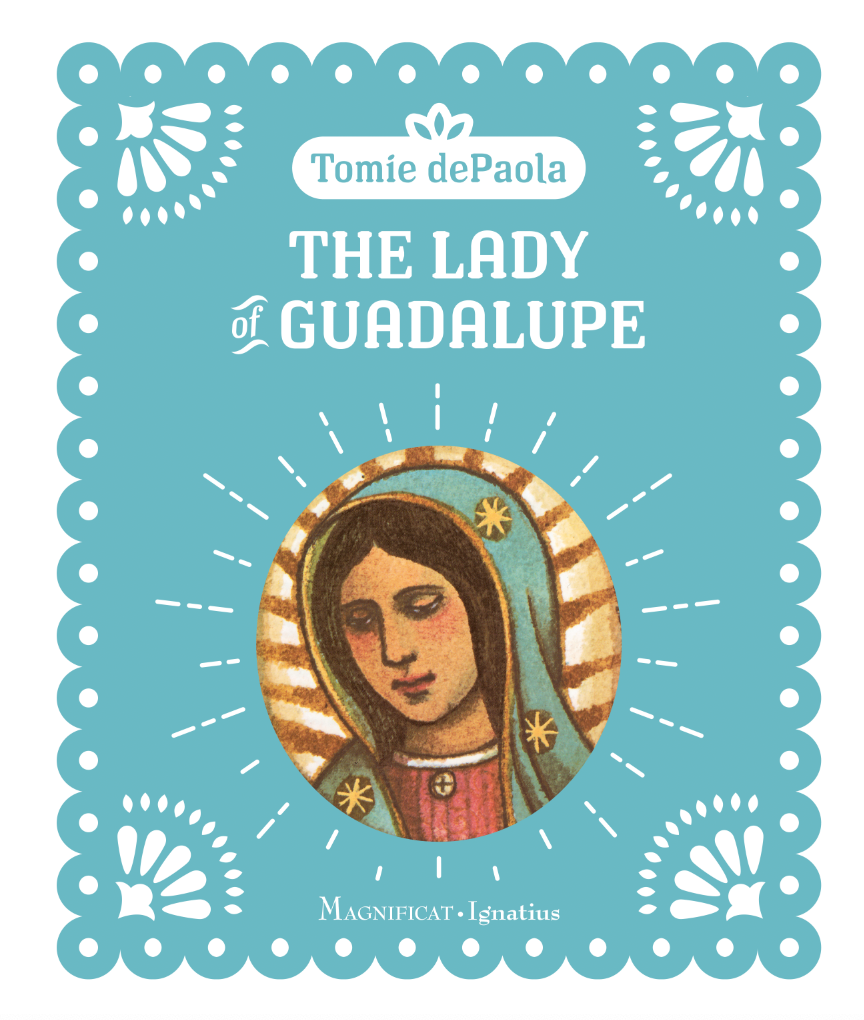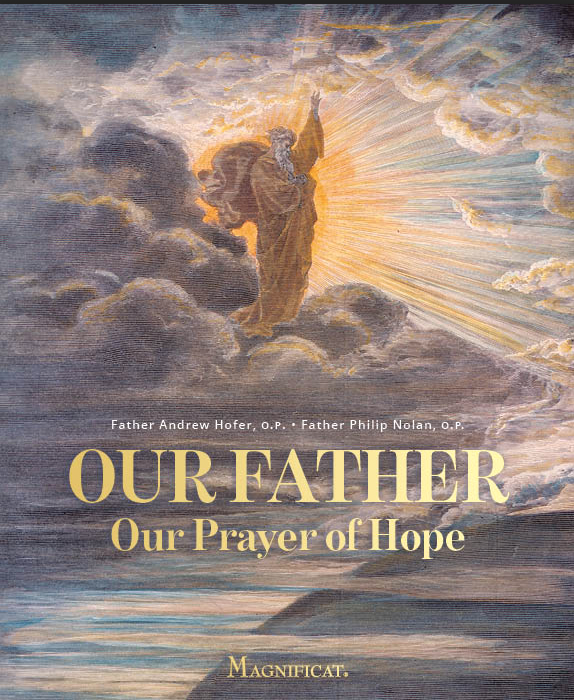In the Gospel reading for the Solemnity of the Most Holy Body and Blood of Christ, an extraordinary promise comes from the lips of our Savior: “I am the living bread that came down from heaven; whoever eats this bread will live forever” (Jn 6:51).We have become so familiar with these words that we may fail to grasp just how extraordinary they really are and how deeply they challenge our ordinary experience. Only a lively and abiding faith in the Blessed Eucharist “makes the Savior’s presence clear” (as we sing in the Pange Lingua today), and only a worthy and reverent reception of his precious Body and Blood assure us a participation in the endless life he promises.
Our experience
Nothing in ourexperience prepares us for such a promise. On the contrary, our experience seems to teach us the opposite. We know of nothing that lasts forever. Certainly, we know of no food or drink that do not themselves run out in the end, and so could not in themselves be the source of endless life for us. This is the lesson our experience teaches us, and it is one that we learn very early in life.
Remember when we were children. In the center of the dining room table, there is a scrumptious homemade apple pie from which we have each received a slice but which is not big enough to provide seconds for all of us. We think to ourselves: whoever devours his first portion in the quickest time has the best chance at getting a second. We thought this as children, and we think it still. The lesson is clear: if nothing—and certainly no food or drink—lasts forever, and if we are not to be left with nothing in the end, we must work hard at acquiring what we need to survive and, indeed, to flourish.
Eucharistic super-abundance
It is all the more remarkable that Christ would use bread and wine as the sign that contradicts our ordinary experience at the same time that it transforms it. Christ takes up perishable bread and wine to signify the imperishable food which is his most holy Body and Blood, and which is the source of the unending life that no ordinary bread and wine can ensure and that only a divine gift can provide. This is the deep mystery of the feast of Corpus Christi, one that “sight fails, nor thought conceives, but dauntless faith believes” (from the sequence Lauda Sion).
The miracle of the feeding of the multitude provides us with some insight into this mystery. From five loaves and two fishes, our Lord feeds five thousand people. We learn from the Gospel that, even after the hungry crowd has been satisfied by this miraculous multiplication, the disciples are nonetheless able to gather up leftovers. What does this superabundance signify? Surely, that Christ could have fed five thousand more, and, indeed, an indefinite number of people. Why? Because he is an inexhaustible source of food. There is no bottom of the barrel here.
The Church has rightly seen in this wonderful miracle a sign of the Eucharist in which we receive, not loaves and fishes, but the very Body and Blood of Christ in sacramental form. Recall the verse of the Lauda Sion: “Thousands are, as one, receivers, / One, as thousands of believers, / Eats of him who cannot waste.” The food and drink which Christ gives to us can be the source of unending life because it is itself his inexhaustible Body and Blood. Only this great gift can finally allay our anxiety that, in the end, there may not be enough for us. In Christ, there is enough, and more than enough.
Participation in divine life
For it is nothing less than the unending divine life which Christ shares with us in the Eucharist: “whoever eats this bread will live forever.” The “heavenly banquet in which Christ is received, the memory of his passion is renewed, and the soul is filled with grace” is a participation in the divine life itself and an intensification of our communion with the Father, Son, and Holy Spirit and with one another in them.
“Down in adoration falling / Lo, the sacred host we hail.” The great solemnity of Corpus Christi is meant to revive and sustain in us a deepened appreciation of the mystery of the gift of unending life which the Blessed Sacrament is for us. It is meant to stir our faith, our adoration, our reverence, our love. We must approach this awesome mystery, not casually and routinely, but worthily and with faith. As we sing in the Pange lingua: “Faith alone which is unshaken / Shows pure hearts the mystery.” Only faith can overcome our doubts and anxiety. Only conversion and repentance can open our hearts to the purifying grace that makes us worthy to receive this sacrament. Only hearts brimming with adoration, reverence and love can experience the full measure of Christ’s promise that “whoever eats this bread will live forever.”
©Magnificat June 1999









